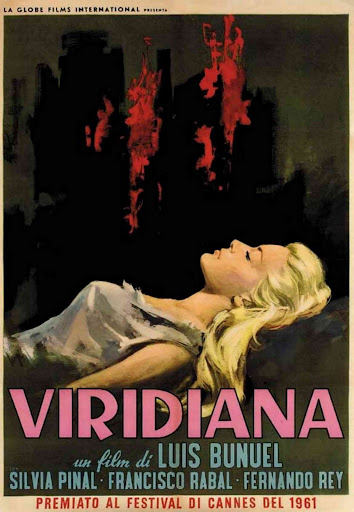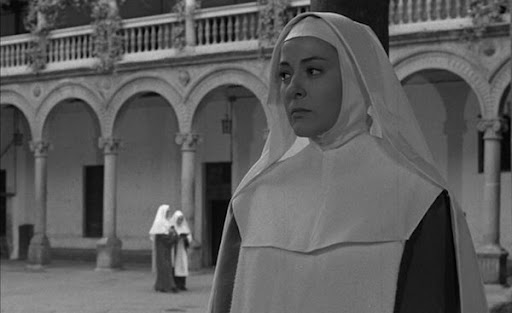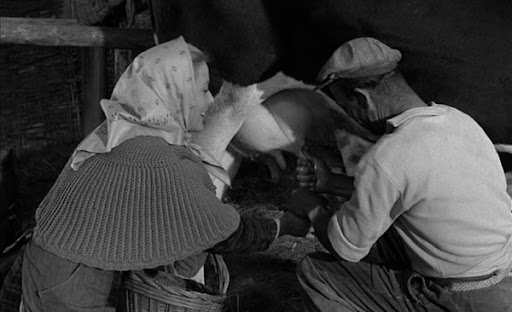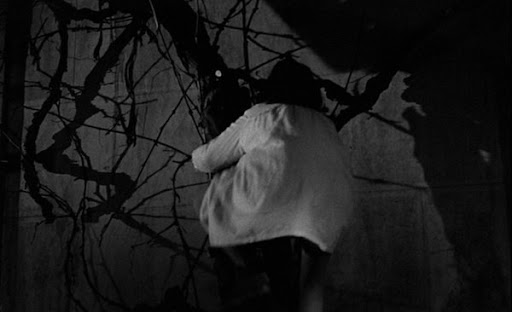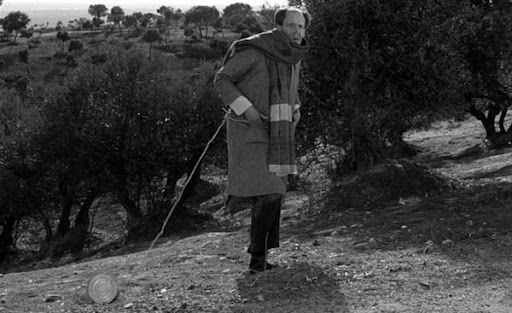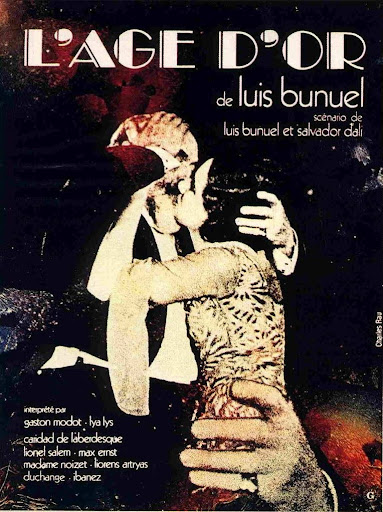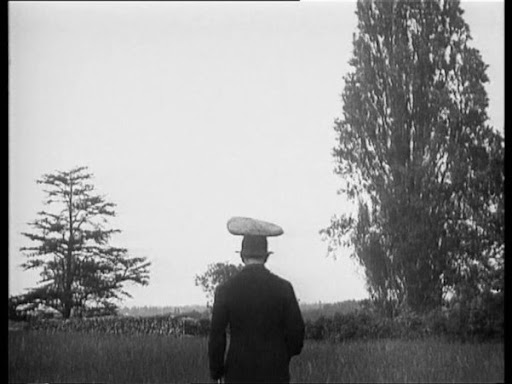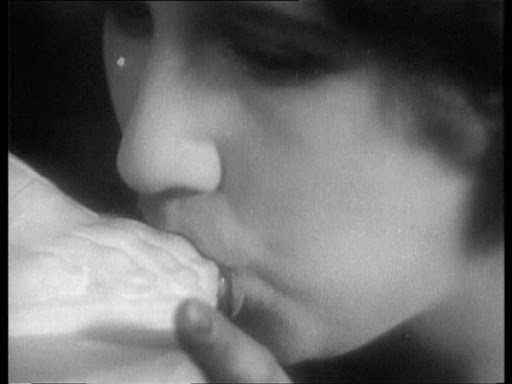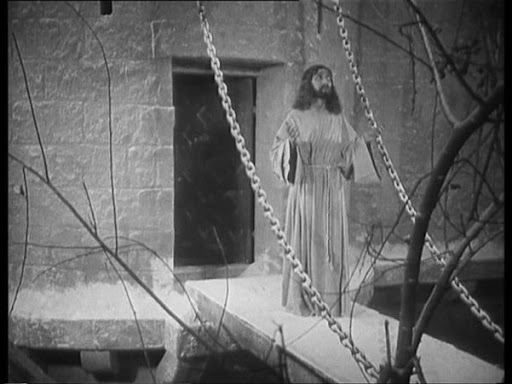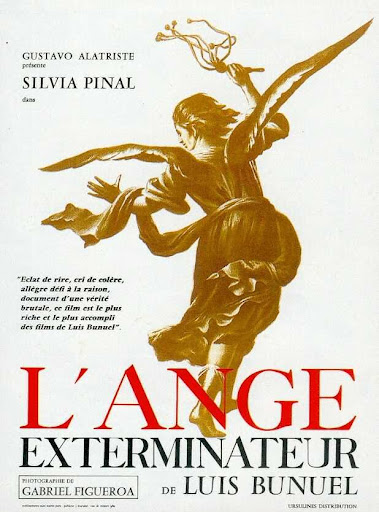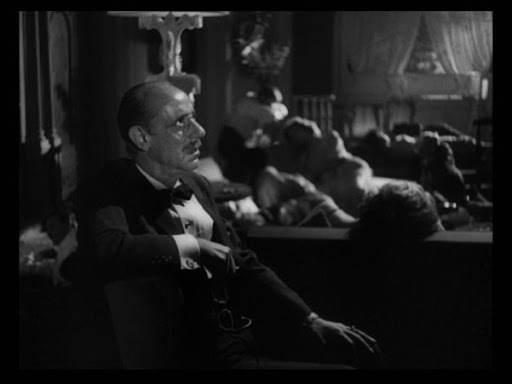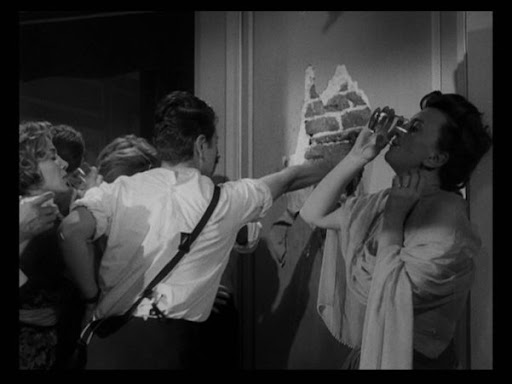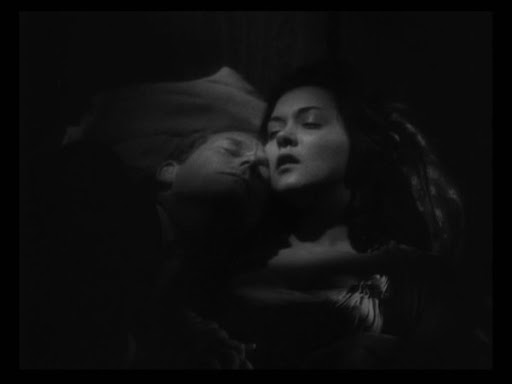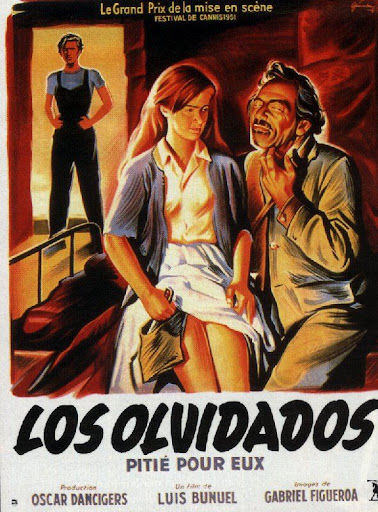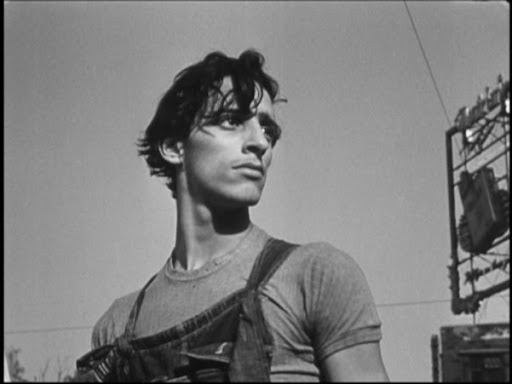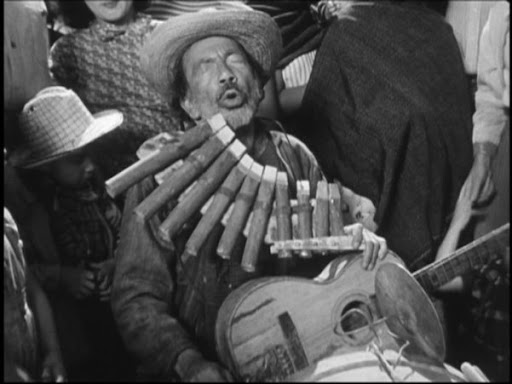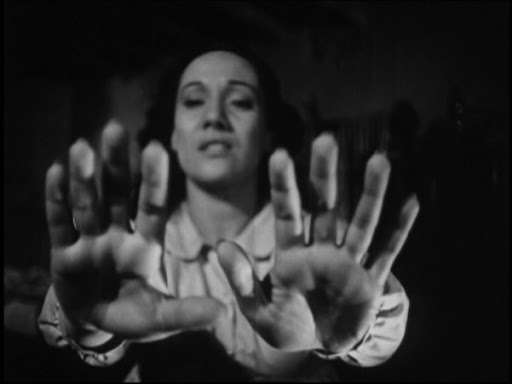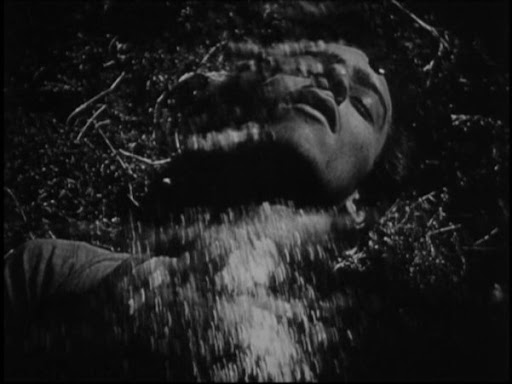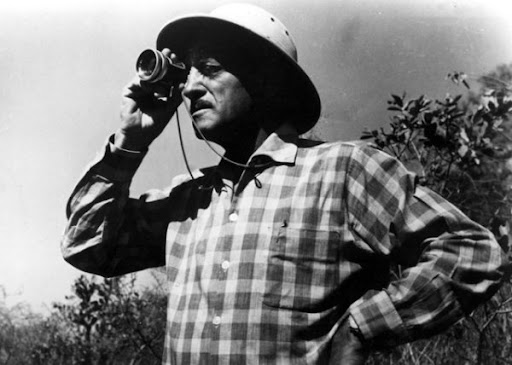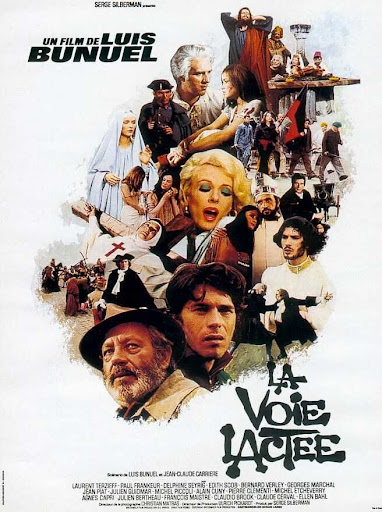
Things have been fairly busy in the alternative universe called life, thus the lack of posts. And that is why Buñuel Week has been extended, because The Milky Way had to be a part of it. Now it is. Buñuel Week is now officially over. Enjoy!

From Vincent Canby at the New York Times:
WOMEN, pronounced St. Chrysostom, are "a necessary evil, a natural temptation, a desirable calamity, a domestic peril, a deadly fascination, and a painted ill."
The good, fourth century mysoginist, just one of the dozens of saints, rascals, nuns, picaroons, inquisitors, heretics, bishops, whores and humble people who are either represented or evoked in Luis Buñuel's marvelous new film, "The Milky Way," clearly had an ambivalent attitude towards women. Because of Buñuel's similar preoccupation with things he professes to abhor, the fine, irascible Spanish film director ("Thank God I'm an atheist!") has often been suspected of ambivalent attitudes towards the Roman Catholicism he has renounced and the God he has denied.
While there must always be a certain amount of ambiguity in any proclamation of atheism, there can be no further question about Buñuel and the Church. That is, not after "The Milky Way," which has the form of a lovely fantasy and the density of a theological essay, and which often sounds like the sort of shaggy dog story that might be told in a seminary.

The film, which opened yesterday at the 68th Street Playhouse, is shaped as a sort of surreal Pilgrim's Progress undertaken by two contemporary, not especially pious Frenchmen. Pierre (Paul Frankeur), a bearded, virile, respectful old man, and Jean (Laurent Terzieff), his younger, skeptical companion, are making a pilgrimage (for reasons never specified) to the tomb of the Apostle James at Santiago de Compostella in Spain.
En route, they have a series of extraordinary encounters with personages out of the past, including Priscillian, the fourth century Spanish bishop, martyred for his Manichean unorthodoxies, and the Virgin Mary, who appears to them sitting in a tree.
At one point they meet the devil, lounging in the backseat of a sports car that's just been wrecked. He is a typically Buñuelian devil, both polite and practical, who suggests to the poor Pierre, whose feet hurt, that he take the dead driver's new shoes. Later, they come upon a Jansenist convent whose nuns, not very enthusiastically, are helping one of their order to realize her desire for crucifixion. They also act as seconds in a duel between a Jansenist and a Jesuit, are instructed in the virtues of chasity in marriage, and finally, when they reach Santiago, find, not the Celestial City, but an empty tomb.

While Buñuel is obviously fond of Pierre and Jean, he's not exactly obsessed with them. He doesn't hesitate to drop them from time to time to pursue with greater freedom his principal theme—religion as a man-made phenomenon whose dogmas have been the bases for religious wars, inquisitions and madly irrational theological arguments conducted with the utmost reason.
The movie is constantly side-stepping itself to show, among other things, why Jesus wore a beard (Mary thought it suited him), the Marquis de Sade tormenting a helpless young thing who persists in saying there is a God, Priscillian apologizing to the Communion host ("It was not I who reaped and kneaded Thee").
Through all of the miracles and magical encounters, through all of the deadly nonsensical debates on the true meaning of the Trinity, and through all of the Alice-in-Wonderland-like discussions on the differences between consubstantiation and transubstantiation, Pierre and Jean maintain a saintly sanity that is, in itself, very funny and even moving.
Unlike such an angry film as "Viridiana," in which Buñuel used Freudian psychology to attack the Church (specifically its concept of charity and the subsequent evil of pity), "The Milky Way" goes about its business with a comic, masterly cool that is more remorseless than anything he's done before. The film is closer in tone to his early, surreal "Un Chien Andalou" and "L'Age d'Or" than to the later, non-ironic, malevolent but comparatively gentle "Nazarin" and "Simon of the Desert," which almost persuaded some people that Buñuel was returning to the fold.

One of the nicest things about "The Milky Way," and about the only thing that indicates the director's age (he'll be 70 this year) is its technical facility. Buñuel employs no fantastic effects, though this is a livelier fantasy than, say, "The Wizard of Oz." Everything is photographed straightforwardly, in cheerful but not bilious color, and seen with documentary-like clarity.
For what is, in effect, his "Greatest Story Ever Told," Buñuel recruited a large cast of mostly French performers for many cameo roles, including Pierre Clementi (the Devil), Michel Piccoli (de Sade), Bernard Verley (Jesus), Edith Scob (the Virgin Mary) and Delphine Seyrig (the prostitute).
Even if you're non-Catholic, as I am, "The Milky Way" can also be enjoyed as a kind of Pilgrim's Progress through the Buñuel iconography. The film is packed with symbols that repeatedly recur in all of his films (dwarfs, doves, beggars, blind men, religious instruments, graves). And, if you're willing to do a little homework, the film can become so fascinating that you're likely to recall a disturbing remark made by one character, who materializes briefly and is identified in the cast only as The Lecturer. "My hatred of science," he says with bored resignation, "and my horror of technology will finally lead me to this absurd belief in God. . . ."

Technical Information:
Title: La Voie Lactée/The Milky Way
Year: 1969
Country: France/Italy
Director: Luis Buñuel
Source: DVD9 Retail
DVD Format: NTSC
Container: .iso + mds
Size:7.5 GB
Length: 1:41:53
Programs used: ImgBurn
Resolution: 720x480
Aspect Ratio: 16:9
Video: MPEG2 @ ~6200 kb/s
Frame Rate: 29.97 fps
Audio: French- Dolby AC3 Mono @ 192 kb/s
Subtitles: English
Menu: Yes
Video: Untouched
DVD Extras:
- Interview with Ian Christie
- Atheist Thanks to God
- Interview with Jean-Claude Carriere
- Trailer
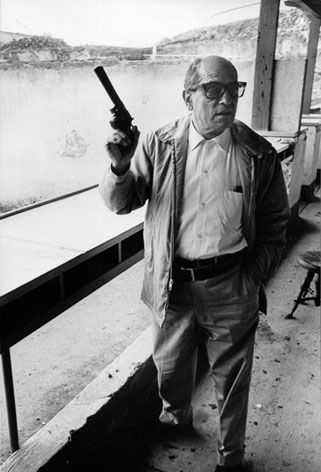
(Use JDownloader to automate downloading)
The Milky Way Megaupload Links



